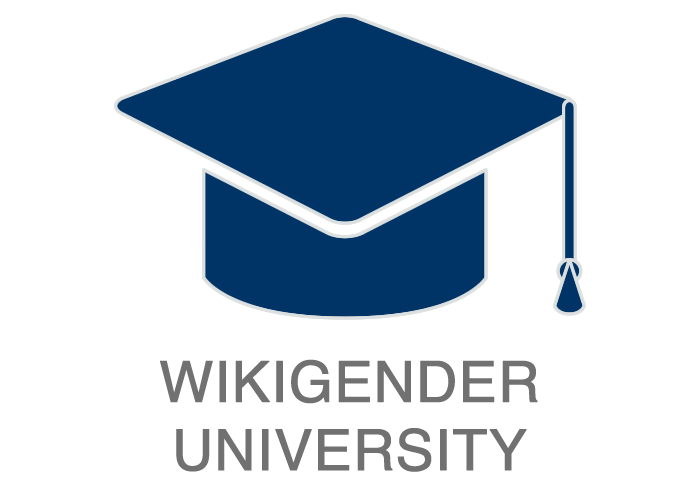Girls’ primary education in Thailand

Education in Thailand
Education in Thailand is provided mainly by the Thai government through the Ministry of Education from pre-school to senior high school. A free, basic twelve-year education, divided into six years of primary education and six years of secondary education, is guaranteed by the constitution.Education.Retrived 21 September 2013 from http://www.unicef.org/thailand/education_303.html.
The 1999 Education Act guarantees the rights of all children, without discrimination, to a quality education. A Cabinet declaration in 2005 reaffirmed the rights of all children, including non-Thai children living in Thailand , to receive an educationEducation.Retrived 21 September 2013 from http://www.unicef.org/thailand/education_303.html..
Both girls and boys have the same opportunities in primary school. From 2007-2010, the gross enrolment rate in primary education was 91% (92% for boys and 90% for girls) and the net enrolment rate was 90% (91% for boys and 89% for girls). The current success of Thailand in promoting the education of women as compared to men is reflected through the rate of female enrolment in primary education, compared with male enrolment which is 0.98 percent.Primary school enrolment (administrative data).Retrived 21 September 2013 from http://www.childinfo.org/education_enrolment.php
Thailand is the fourth country in Asia to succeed in promoting the education of women. Ministry of Education with UNESCO cooperate about equal opportunities between girls and boys.Retrived 21 September 2013 from http://www.bic.moe.go.th/th/index.php?option=com_content&view=article&id=911:2012-03-28-06-52-16&catid=45:unesco
Completion rates in Thailand between girls and boys in primary school are also not very different. In 2005 – 2010, the primary completion rate in Thailand for females was 89 percent and and for males was 97 percent. Primary School Completion Rate, by Gender.Retrived 21 September 2013 from http://www.prb.org/DataFinder/Topic/Rankings.aspx?ind=242
Children out of school
Starting at the age of 3, all children should be enrolled in some form of early learning services to help them start developing the skills they need to do well in primary school. When they celebrate their 6th birthday, children must be enrolled in Grade 1. When children lack the necessary tools for learning and as a result enrol late, their educational progress suffers and they are more likely to drop out, which makes them enter a cycle of poverty.
In Thailand, only 75% of children benefit from some form of early childhood development services. Another 600,000 primary school age children (6-11 years) are not attending school or enrol late. In addition, among those children who entered Grade 1 in 1998, about half of them did not finish Grade 12. Many children from poor, ethnic minority or migrant families do not go to school, while many stateless children, disabled children and children living with HIV are also not enrolled.
Early childhood development
Early childhood, the first five years of life, is a time of rapid cognitive, linguistic, social, emotional and motor development and the most important period of development in a child’s life.
The development of a child’s brain depends on environmental stimulation, especially on the quality of care and interaction that the child receives. A baby who is hugged, cooed to, comforted and visually stimulated has an essential advantage. Children who are nurtured and well-cared for are more likely to fully develop cognitive, language, emotional and social skills; to grow up healthier; and to have higher self-esteem. Each of these areas is crucial to our well-being as adults, as our experiences in early childhood shape who we ultimately become. While home is the most important environment during early childhood, it is crucial that children are exposed to some form of quality early childhood services, such as those provided at early childhood development centres.
However about 25% of children in Thailand do not have access to any form of organised early childhood education. In addition, only 34% of the 8,276 early childhood centres surveyed meet the government’s minimum standards, according to the Office of National Education Standards and Quality Assurance.
Quality of education
The quality of education that children receive in Thailand is also a major concern. Studies have shown that the learning level of Thai children in major subject areas has declined over the past 10 years.
In recent years, results of the National Achievement Test have been dismal, with average scores for Grade 6 and Grade 12 students in core subjects below 50 percent.Quality of education.Retrived 21 September 2013 from http://www.unicef.org/thailand/education_15799.html
The Millennium Development Goals (MDGs)
The Millennium Development Goals (MDGs) are eight international development goals that were officially established following the Millennium Summit of the United Nations in 2000, following the adoption of the United Nations Millennium Declaration. MDG 2 goal is to achieve universal primary education. The target is to ensure that, by 2015, children everywhere, boys and girls alike, will be able to complete a full course of primary schooling.Millennium Development Goals.Retrived 21 September 2013 from http://en.wikipedia.org/wiki/Millennium_Development_Goals#Goal_2:_Achieve_universal_primary_education
Access to basic education has been gradually expanded to an increasing number of children. The net enrolment in primary education in Thailand was 90.5% in 2009, up from 81.4% in 2000, which means more kids than ever are attending primary school and gender gaps are narrowing.
The challenge for post-2015 will be quality of education. In recent years, results of the National Achievement Test with average scores for core subjects was below 50%.Education.Retrived 21 September 2013 from http://www.unicef.org/thailand/education_303.html.
See also
- Primary Education in Sub-Saharan Women and African Economic Development
- Primary Completion Rates
References
External links
Group 1
From the left on top
Ms.Krichakorn Rungseeborirak 53148010178
Ms.Yuwadee Juntrapakorn 5314801020
Mr.Keito Kusaka 56148010275
From the left, second row
Mr.Saswat Kruemanee 53148010314
Ms.Phaniphak Suanmalee 53148010120
Ms.Sutisa Phonsab 53148010214


